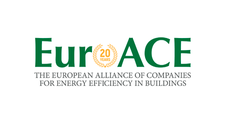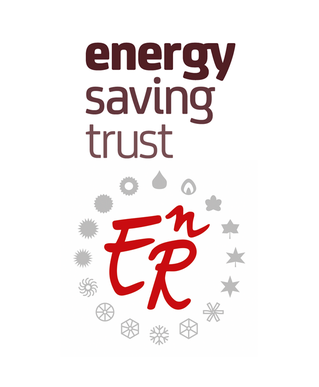Search eceee proceedings
Electrification as an energy efficiency and decarbonization strategy
Panel: 6. Transport and mobility
This is a peer-reviewed paper.
Author:
Steven M. Nadel, American Council for an Energy Efficient Economy (ACEEE), USA
Abstract
Energy efficiency and no/low carbon energy can substantially reduce greenhouse gas emissions, but in order to reach the 2050 Paris targets, additional reductions will be needed. A variety of studies in Europe and the U.S. have found that electrifying substantial portions of energy demand can help to achieve substantial emissions reductions. This paper will summarize recent studies in the U.S. to explore electrification as well as emerging programs and policies to begin promoting “beneficial electrification”, meaning electrification that reduces emissions, reduces primary energy use, and saves consumers money. These efforts will be compared and contrasted with parallel efforts in Europe.
In the U.S., electrification efforts so far have focused on transportation and homes. In transportation, recent projections are that electrification can reduce energy use and greenhouse gas emissions in 2050 by as much as 50% relative to a 2050 reference case. The focus of promotion efforts so far is on passenger vehicles and buses but delivery vehicles are also a major opportunity.
For homes, 2050 energy use and emissions reductions can be approximately 20%. The best conversion economics are for water heating, space heating in new construction, space heating for existing homes in the south and space heating in homes that now use fuel oil or propane. For existing homes in the far north as well as homes that use natural gas outside of the south, conversion economics are often challenging. Electrification in the commercial and industrial sectors is more nascent but efforts to date will be described.
Downloads
Download this paper as pdf: 6-023-19_Nadel.pdf
Download this presentation as pdf: 6-023-19_Nadel_Presentation.pdf
Panels of
1. The dynamics of limiting (energy) consumption
2. What's next in energy policy?
4. Monitoring and evaluation for greater impact
5. Smart and sustainable communities
7. Make buildings policies great again
8. Buildings: technologies and systems beyond energy efficiency
9. Improving energy efficiency in ICT, appliances and products

























